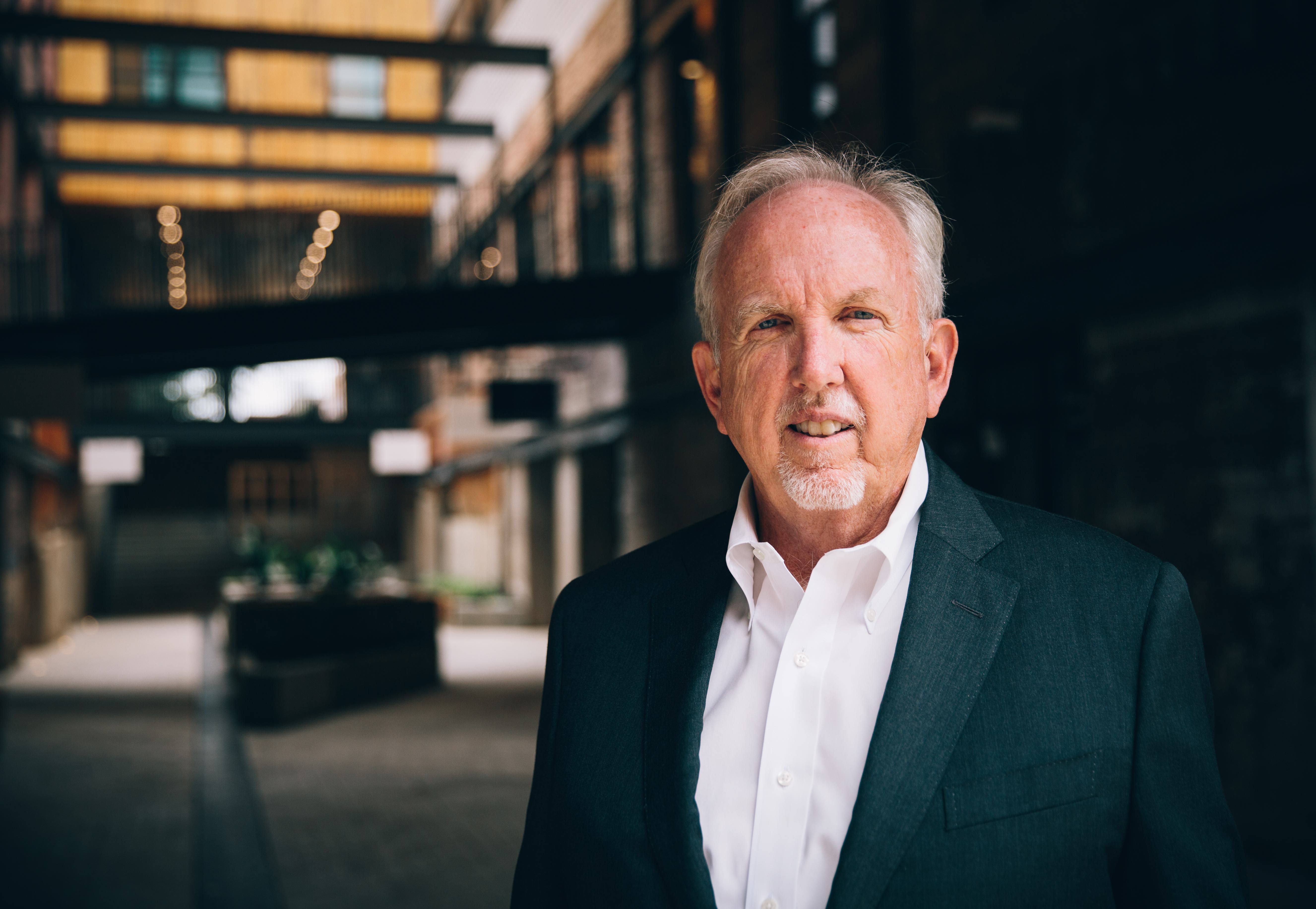It was a terrible bet.
Atlanta Falcons receiver put down $1,500 on a three-game parlay last November. It cost him $11.1 million.
That’s what Ridley, the former Alabama wide receiver who was the Falcons’ first draft pick in 2018, was due to be paid for the 2022 season until he got caught gambling and received a one-season suspension by the NFL for betting on games.
According to Ridley, he placed several bets totaling $1,500 over a five-day period last November, during a time when Ridley had taken a leave of absence from playing. There is no evidence that he bet against the Falcons or that he used any inside knowledge from conversations with teammates or coaches to place those bets. He reportedly placed those bets from his phone, using a gambling app, while he was in Florida on his break from playing.
There is no excuse for Ridley. Every player in every sport knows you don’t bet on games. There are signs posted in multiple locations in every locker room. Every player sits through anti-gambling videos produced by the league. The penalties are spelled out, from lifetime bans (see Pete Rose in baseball) to what Ridley got, the minimum one-year suspension. That it was only one year is because Ridley, according to NFL Commissioner Roger Goodell, was cooperative and admitted what he did.
In announcing Ridley’s suspension, Goodell said, “For decades, gambling on NFL games has been considered among the most significant violations of league policy warranting the most substantial sanction.”
And yet, these days, the NFL – which has a franchise in Las Vegas, a city synonymous with gambling - has embraced gambling. The league accepts sponsorships from gambling partners like DraftKings, FanDuel, BetMGM, Wynnbet, among others, that are expected to produce $1 billion annually from fans wagering on the games. The league actively encourages betting on games, and why not? Studies have shown that while the average non-betting NFL fan watches 15 to 16 games a year, the average betting NFL fan watches 45 to 50 games a year – which is why the NFL’s current TV deal is worth $113 billion over 11 years.
Think about that: the NFL expects to make an extra $1 billion a year for doing essentially nothing more than just doing what it has always done, play games. And acknowledging that fans bet on the outcome.
It’s not just pro leagues, either. At the NCAA level, LSU and Colorado and the Fiesta Bowl have lucrative partnerships with sports betting companies.
We know fans have bet on games for as long as games have been played, but in the famous words of the Doobie Brothers’ 1978 album, “What were once vices are now habits.” We used to look at gambling as a vice; now we accept that it’s just a habit, another form of entertainment. So if you are the NFL, why not figure out how to make some money off it for yourself?
And if that sounds familiar, it’s because that is essentially what government officials in Alabama are saying these days. Gambling is illegal, but the state can’t stop it, so why not make money off it?
“I am pleased that after many discussions with the Legislature, I believe we have found a path forward to once and for all address gambling in Alabama,” said Gov. Kay Ivey. “The proposal in its current form … allows us to clean up the current rampant, illegal operations and will allow Alabamians to be the beneficiaries of this activity.”
Governments are legalizing marijuana just as opioid addiction and overdoses from “recreational’’ drugs skyrocket. We know gambling can become an addiction because in virtually every legalized gambling bill language is included to create programs for “prevention” or “treatment,” a boilerplate caveat that rarely delivers but assuages the conscience.
What governments, like sports leagues, can’t say ‘no’ to is a steady stream of revenue from both providers and users, counting on people’s compulsions. It makes the goal not to help people, but to take from them.
Calvin Ridley should have known better. Let’s be clear on this: there is no excuse.
But he wasn’t playing, he didn’t have any specific inside knowledge, he didn’t contact teammates to try to get them to help him win his bet, and all around him, everyone from the state government to the very league that he works for was encouraging other people to bet on games.
In the words of comedian Chris Rock, I ain’t saying it’s right; I am saying I understand.
Ray Melick is Editor-in-Chief of 1819 News. The views and opinions expressed here are those of the author and do not necessarily reflect the policy or position of 1819 News. To comment, please send an email with your name and contact information to Commentary@1819News.com.










